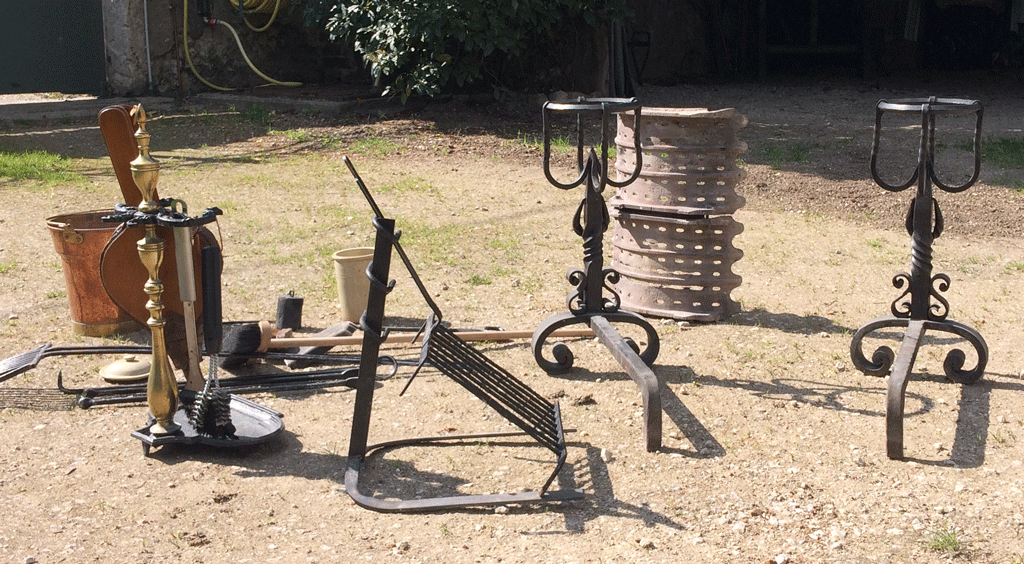I was talking to my Australian friend Susan from Days on the Claise recently and she mentioned the different meanings of propre in French. It does seems strange that the same word should mean both “clean” and “own”. My trusty Dictionnaire Historique de la Langue Française has come to the rescue.

Propre meaning “own” is derived from the Latin proprius “which only belongs to oneself, which cannot be shared with others”. So, it is the equivalent of “own” in English:
J’ai ma propre voiture – I have my own car.
Elle l’a vu de ses propres yeux – She saw it with her own eyes.
A similar meaning, but expressed differently in English, is illustrated by the following sentences:
C’est un trait qui lui est propre – it’s a trait that is peculier to him; it’s distinctive/specific characteristic of his.
Les coutumes propres à certaines régions – The customers characteristic of certain regions.
Another close meaning has given a similar word in English – proper:
C’est vraiment le mot propre – It really is the right/proper word.
This leads to the idea of “appropriate” which is also clearly a derivative in both languages:
Ce n’est pas un lieu propre à la conversation – It isn’t a suitable/appropriate place for talking.
Still with the same origin of meaning but slightly different is the following:
Un poste propre à lui apporter des satisfactions – A job like to bring him satisfaction
Un sport propre à développer les muscles des jambes – A sport that will develop the leg muscles.
Another expression is en propre or en nom propre as illustrated in the following sentences:
Avoir un bien en propre – To be the sole owner of a property.
Whence the word propriété ou property in English.
So what about the other meaning of propre – “clean”? Where does it come in?
Believe it or not, the origin is the same! From the Old French, propre, meaning “worthy of a person, worthy of oneself” which is sort of based on the idea of “which only belongs to oneself”, it came to mean “well-organised, careful, elegant” (around 1280) until it finally became established in the 17th century as meaning “of accepted or decent appearance”, i.e. appropriate.
However, it was not until the middle of the 19th century that a personne propre was applied to someone who washed carefully and practised modern hygiene.
Propre, however, is not appropriate for all situations in which we would use “clean” in English. Can you provide some examples?
 I’m contributing this post to Lou Messugo’s All ABout France linky. For other posts about France, click here.
I’m contributing this post to Lou Messugo’s All ABout France linky. For other posts about France, click here.

Quite an eclectic word in French.
It certainly is.
I’m guessing your final question refers to the fact that in French you use ‘nettoyer’ to describe the act of cleaning, but ‘propre’ to describe the state of being clean.
You could say either “tout est propre” or “tout est nettoyé” but they have a slightly different meaning.
However I wasn’t referring to anything in particular. There are many expressions such as “a clean break” (une rupture définitive) or “a clean cut” (une coupure nette), “a clean record” (un casier judiciaire vierge), etc.
How’s about ‘clean up’ as clearing all the money off the table when one wins a bet?
Not very useful to know as I’ve never done it!
Usually when you get all the money it’s “tout rafler” but I asked Jean Michel and he says he doesn’t work that way in a casino for example. It’s dounds very complicated ….
It’s always fascinating to read your research into the origin of words, thanks Rosemary for linking to #AllAboutFrance
Thanks Phoebe. I only wish I had time to do it more often!